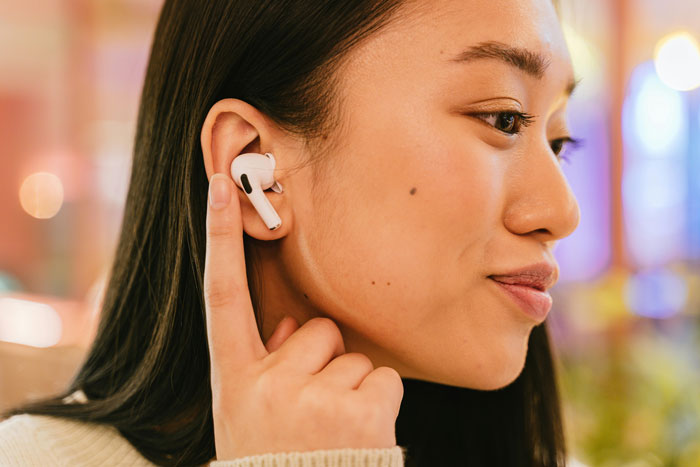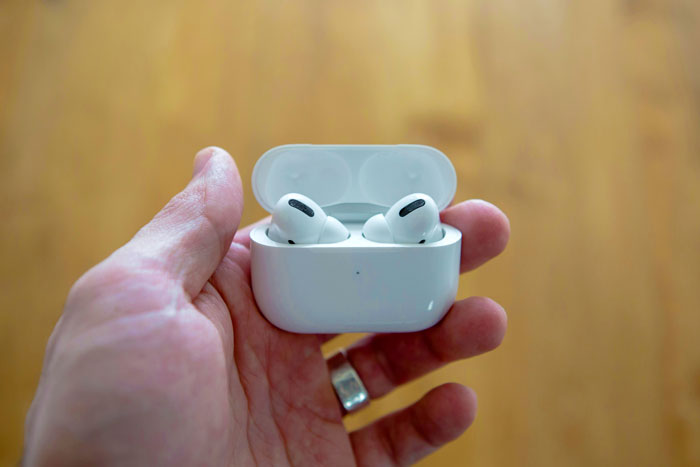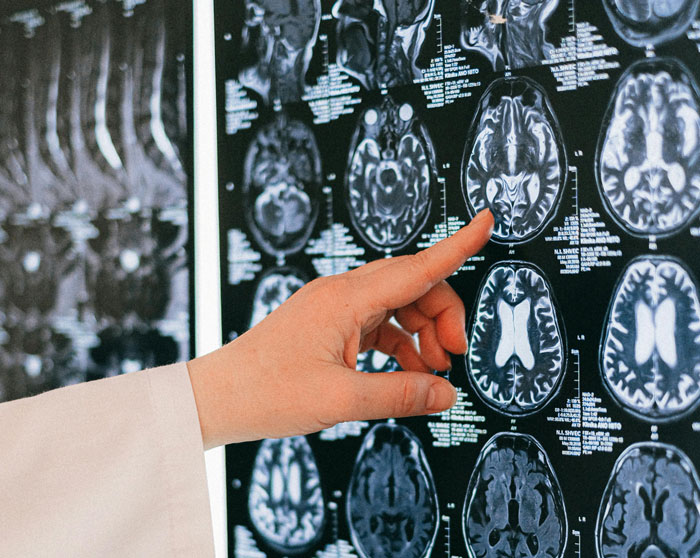Some might say that noise-canceling devices are the best invention since sliced bread. Not only do they let us enjoymusic(or whatever else you’re listening to on your headphones), without the annoyance of background noises, whether it’s voices, engines, or anything else, but they also save our hearing, as we don’t have to crank up the volume to hear clearly.
RELATED:
Noise-canceling headphones filter out background noises, meaning we don’t have to crank up the volume to its highest when we want to listen to anything, saving our hearing in the process

Image credits:Antoni Shkraba / Pexels (not the actual photo)
Experts are raising concerns about the fact that the wireless noise-canceling earbuds that are sopopularright now are causing people to develop a neurological disorder.
As their name suggests, noise-canceling earbuds reduce outside noises, usually those of constant low-frequency sounds, like trains, airplanes,engines, air conditioning, and so on. Depending on the headphones themselves and the decibels, it can also reduce the sound of backgroundvoices, which proves to be valuable in public transport or other busy public spaces.
Yet, recently experts have started raising concerns that these amazing devices might be detrimental to our brain health, as they untrain the brain from filtering out background noises itself

Image credits:Isaac Smith / Unsplash (not the actual photo)
When outside noises are reduced (as the headphones usually can’t fully cancel them out), a person doesn’t feel the need to turn up the volume, which in the long run saves their hearing.
Basically, if we’re constantly using noise-canceling devices, they slowly start to untrain our brains from naturally blocking out noises, and in the long run, the brain might “forget” to filter them out, leading to APD.
This especially applies to young brains. Our ability to understand speech in noise fully develops only at around10 to 12years old. So, when a child younger than this age uses noise-canceling devices, they’re basically training their brain to not filter out the noises themselves, which puts them at an even higher risk for auditory processing disorder or at least delays their ability to processspeechand sounds.
This can develop into auditory processing disorder – where a person has difficulty processing and differentiating sounds

Image credits:Anna Shvets / Pexels (not the actual photo)
If APD is diagnosed, there are several ways totreat(but not cure) it. In some cases, it might not even be needed, but if it is, it can be done – for example, with hearing aids and listening devices.
Another choice can be auditory training (also called hearing rehabilitation), which teaches a patient to differentiate the sounds and their sources, making it easier for a person to communicate with others. This treatment can be done in person or be computer-based.
So, if you get adiagnosisof APD, it’s not game over. But it’s definitely a sign that maybe you should opt for headphones without noise-canceling functions.
For the rest of us, we don’t want to spook you into swearing off noise-canceling earbuds – they can be an amazing device in many life situations. Yet, we want to raise awareness of using them wisely. After all, damaging your brain just to avoid a little background noise interfering with your music won’t be a satisfying experience in the long run.
So, we won’t say that you should throw away your noise-canceling device, but be aware that depending on it might cause some long-term damage


















Thanks! Check out the results:
Curiosities